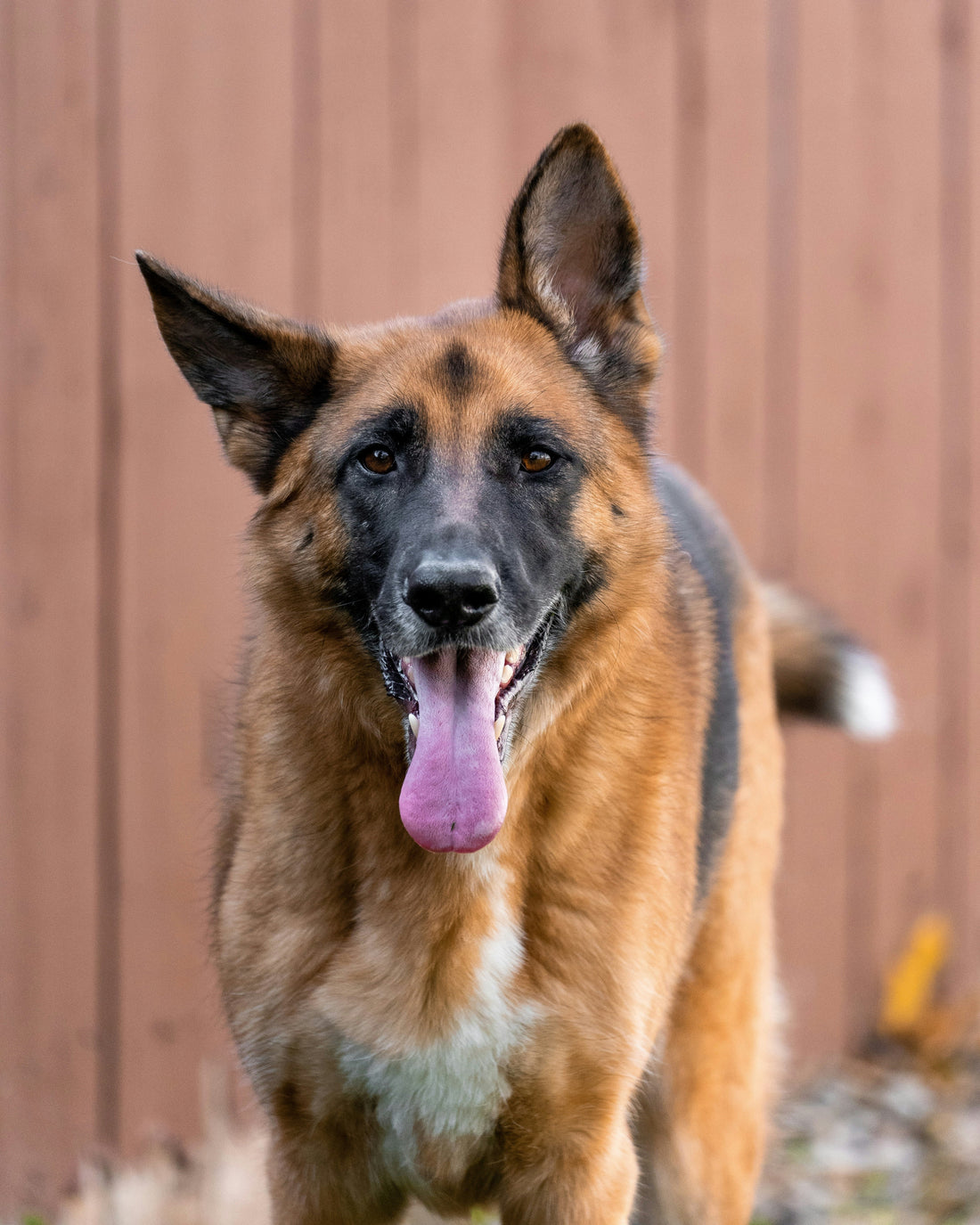
Comprehensive Guide to German Shepherd Longevity and Health
Welcome! As of August 2025, we're revisiting the captivating world of German Shepherds, a breed renowned for their intelligence, strength, and adaptability. This article was recently updated to ensure its timeliness and accuracy. This comprehensive guide unpacks their typical growth patterns, common health considerations, and the essential care they need to thrive throughout their lives. Let's delve in!
Understanding German Shepherd Maturity and Aging
Average Life Expectancy: Typically, German Shepherds live between 9 and 13 years. Factors like genetics, lifestyle, and comprehensive health care play significant roles in determining their lifespan.
Growth and Development:
Puppy to Adult Transition: These pups grow up fast, hitting full size around 18 months but really settling into their adult selves by age 2.
Senior Years:
When They’re Considered Old Timers: By 7 or 8 years old, these loyal friends might begin to slow down and show signs of aging.
Caring for Senior Dogs: For comprehensive advice on taking care of your aging Shepherd, check out Caring for Your Senior Dog: Essential Tips and Insights.
Health Management and Longevity
Boosting Their Lifespan:
Key to Longevity: A mix of regular workouts, a nutritious diet, and staying on top of vet visits is essential. Keeping them both physically and mentally active can seriously boost their life quality and duration.
What They Eat Matters:
Balancing Their Diet: A proper diet loaded with high-quality proteins and just the right amount of fats and carbs is crucial. Tailoring their meals based on how active they are, their age, and overall health is key.
Meat on the Menu: An active adult German Shepherd typically needs about 500 to 700 grams of meat daily, but balance it out with other nutrients based on your vet’s advice.
Diet and Nutrition
Essentials of Nutrition:
High-quality dog food that meets the nutritional needs of German Shepherds can significantly impact their longevity. Their diet should include lean proteins, healthy fats, and a variety of vegetables.
Portion Control:
Managing portion sizes and avoiding overfeeding are crucial to prevent obesity, which can lead to health issues such as diabetes and joint problems.
Exercise and Physical Activity
Keeping Fit:
Regular activities like walking, fetching, and swimming are essential not just for fitness but also for mental stimulation, crucial for this intelligent breed.
Customized Activities:
It’s important to tailor the intensity and type of exercise to their health needs, especially if they suffer from conditions like hip or elbow dysplasia.
Addressing Mobility Issues:
Support with Mobility Aids: If your German Shepherd struggles with mobility due to hip or elbow dysplasia, a dog wheelchair can be a transformative aid. Learn how it can revive your pet's spirit at How a Dog Wheelchair for Back Legs Revives Our Pet's Spirit.
Regular Veterinary Care
Proactive Health Management:
Regular check-ups can help catch and manage health issues early. Vaccinations, routine diagnostics, and preventive treatments like flea and heartworm medications are crucial.
Common Health Concerns
Ongoing Management Needed:
Conditions like hip dysplasia, elbow dysplasia, degenerative myelopathy, and bloat are common in German Shepherds and require prompt and ongoing management.
Specialized Diets:
Maintaining a healthy weight and specialized diets can help manage symptoms of joint diseases and conditions like Exocrine Pancreatic Insufficiency (EPI).
Mental Health and Enrichment
Brain Games:
Mental stimulation is as important as physical activity. Providing toys that challenge them mentally, teaching new tricks, or engaging in interactive play can help prevent boredom and behavioral issues.
Grooming and Dental Care
Routine Care:
Regular grooming and dental care are essential. Brushing their coat helps manage shedding and skin health, while dental care prevents periodontal diseases.
Enhancing Quality of Life Through Deep Connections
Emotional Bonding:
Deepening your emotional connection with your German Shepherd can significantly enhance their well-being. Discover more on fostering this bond at The Joy of Deep Connections as a Dog Parent.
Frequently Asked Questions About German Shepherds
What is the average lifespan of a German Shepherd?
German Shepherds typically live between 9 and 13 years. Their lifespan is influenced by a combination of genetics, lifestyle, and the quality of their comprehensive health care.
When do German Shepherds reach full maturity?
While German Shepherds often reach their full physical size by 18 months, they generally settle into their adult temperament and complete their development by age 2.
What are common health concerns for German Shepherds?
This breed is prone to conditions such as hip and elbow dysplasia, degenerative myelopathy, and bloat. Proactive management, including regular vet check-ups and appropriate diet, is crucial.
How much meat should an active adult German Shepherd eat daily?
An active adult German Shepherd typically requires about 500 to 700 grams of meat daily. However, it's essential to balance this with other nutrients and consult your veterinarian for personalized dietary advice based on your dog's specific needs.
Conclusion
As we move through 2025, the principles of caring for a German Shepherd remain timeless: understanding their unique needs and proactively addressing potential health challenges. By consistently adhering to a robust routine of appropriate diet, regular exercise, and diligent veterinary care, you can significantly contribute to your loyal companion's longevity and overall happiness, ensuring they lead a fulfilling life by your side.
Join the Conversation
Do you keep an eye on your German Shepherd’s health like a hawk? Got any tips or stories? Drop them in the comments—I’m all ears and can’t wait to hear how you do it!
About Viva Essence Pet
Viva Essence Pet is your trusted partner in pet wellness, providing premium nutrition, health care products, and expert guidance for optimal pet health and happiness.
Awards & Recognition
- 2023 Pet Care Innovation Award
- Best Natural Pet Products 2022
- Excellence in Pet Nutrition 2021















